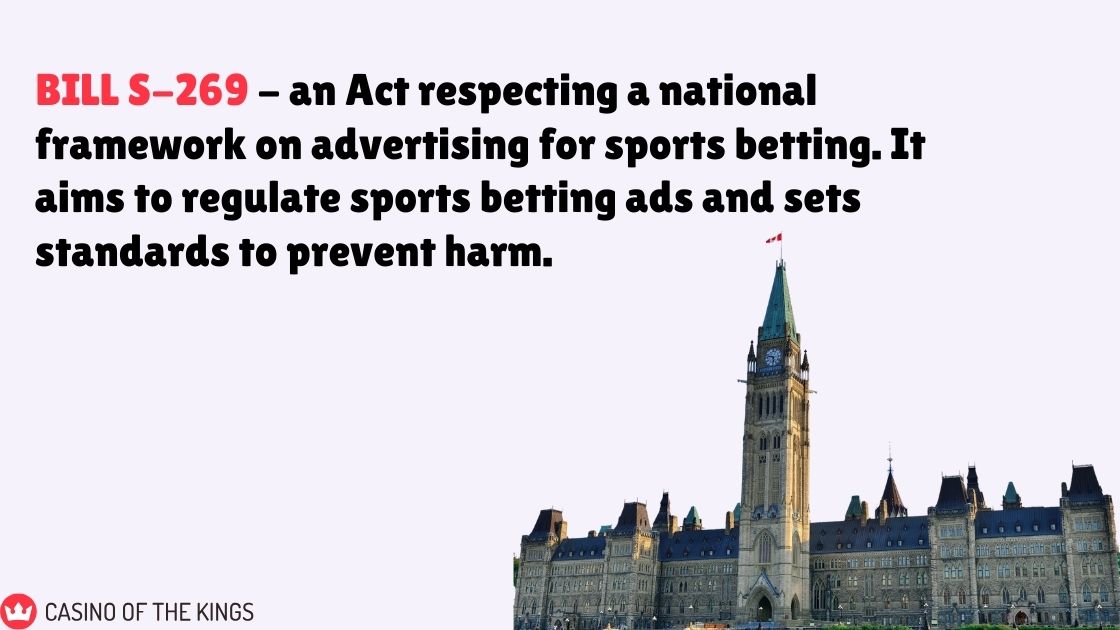Bill S-269: National Framework for Regulating Sports Betting Ads in Canada
The looming Bill S-269 and a New Gambling Advertising Code aim to reshape the Canadian sports betting ads market.
Gambling Advertising in Canada is on the brink of industry-changing events that may significantly restrict the sphere. Bill S-269, first introduced in 2023, passed through the Senate Committee on Transport and Communications this week without significant amendments. It still has to go through the Full Senate and the House of Commons before taking into effect, but the process heads to a positive conclusion.

Bill S-269, if it ever enacts, would introduce such measures:
- Limits on the scope of sports betting advertising;
- Ban on the use of celebrities in ads, except for promoting responsible gambling;
- Limits on non-broadcast gambling & betting advertising;
- Approved standards for responsible gambling practices in sports betting ads.
Discussion Continues
Proponents and opponents of new legislation still argue whether nationwide measures are necessary or the local provinces’ laws suffice. Those who push Bill S-269, including the Responsible Gambling Council, claim the Canadian sports betting ad framework is essential for properly regulating the market. They appeal to the surge in advertising after the legalization of single-event sports betting in 2021 and its threat to minors. The Responsible Gambling Council CEO Shelley White thinks the nationwide framework would become a basis for more precise regulation on the provincial level.
Bill S-269 opponents think that the measures introduced in the law are excessive. The Canadian Association of Broadcasters provided statistics showing a decreasing number of sports betting ads in the recent year. This resonates with a similar conclusion of the ThinkTV research group, which states that the ad numbers have declined over 50% since 2022. It also shows that gambling is less than 1% of the broadcast advertising sphere.
The Canadian Gaming Association opposes the new Bill, saying province-level regulation will be much more effective. It appeals to Ontario’s example, where local laws strictly regulate the industry and ban the use of athletes in sports betting ads.
National Hockey and Football Leagues also disapprove of a nationwide betting advertising framework. They propose additional research on the topic, advocate province-based regulation, and underscore the harm to efforts for fighting illegal betting.
A New Gambling Advertising Code
It seems that changes in gambling advertising are inevitable, even if Bill S-269 won’t pass. The Canadian Gaming Association and the non-profit Ad Standards are working on a new code to regulate broadcast advertising. It’s not finished yet, and there is little information on the measures it offers. However, the code should set advertising standards to meet common responsible gambling practices.
The Canadian Radio-television and Telecommunications Commission noted that it will oblige broadcasters to adhere to the code when the latter is ready.